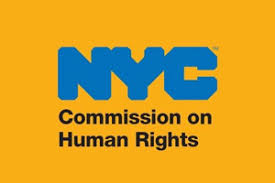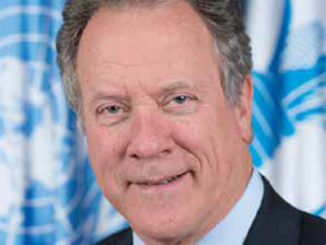
Commission requiring Lenox Hill Radiology to provide accessible medical equipment in line with U.S. Access Board’s accessibility standards, among other changes
NEW YORK – The NYC Commission on Human Rights announced a settlement with Lenox Hill Radiology following an investigation into allegations of discrimination for failure to accommodate patients with disabilities. As part of the settlement agreement, the NYC Commission on Human Rights is requiring Lenox Hill Radiology to modify the front and interior of its building at 61 East 77th Street in Manhattan to make it accessible to people with disabilities; provide equipment in line with the U.S. Access Board’s accessibility standards to ensure that mammography machines are accessible; change internal scheduling, communications, and equipment purchasing policies citywide; and train staff at all its New York City locations to better accommodate patients with disabilities.
The Commission initiated an investigation into Lenox Hill Radiology after it received a letter from New York Lawyers for the Public Interest identifying accessibility issues at Lenox Hill Radiology’s 77th Street location. The Commission then tested and visited the facility and verified the claims. Lenox Hill Radiology, which fully cooperated with the Commission’s investigation and settlement process, is currently making the agreed upon changes and the Commission is working to ensure that other Lenox Hill Radiology facilities in New York City are accessible to people with disabilities.
The New York Lawyers for the Public Interest’s letter to the Commission noted possible violations and described the experience of Susan Scheer, a long-time disability rights activist who experienced great difficulty when attempting to get a mammogram at Lenox Hill Radiology’s main office at 61 East 77th Street in Manhattan.
The Commission found several violations of the NYC Human Rights Law disability protections during its investigation of Lenox Hill Radiology, which the Commission is requiring Lenox Hill Radiology to fix in a settlement agreement. It is illegal in New York City for employers, housing providers, and places of public accommodation, including doctors’ offices and hospitals, to discriminate against people with disabilities by denying them access to employment, housing, and goods and services or by denying them reasonable accommodations.





Be the first to comment